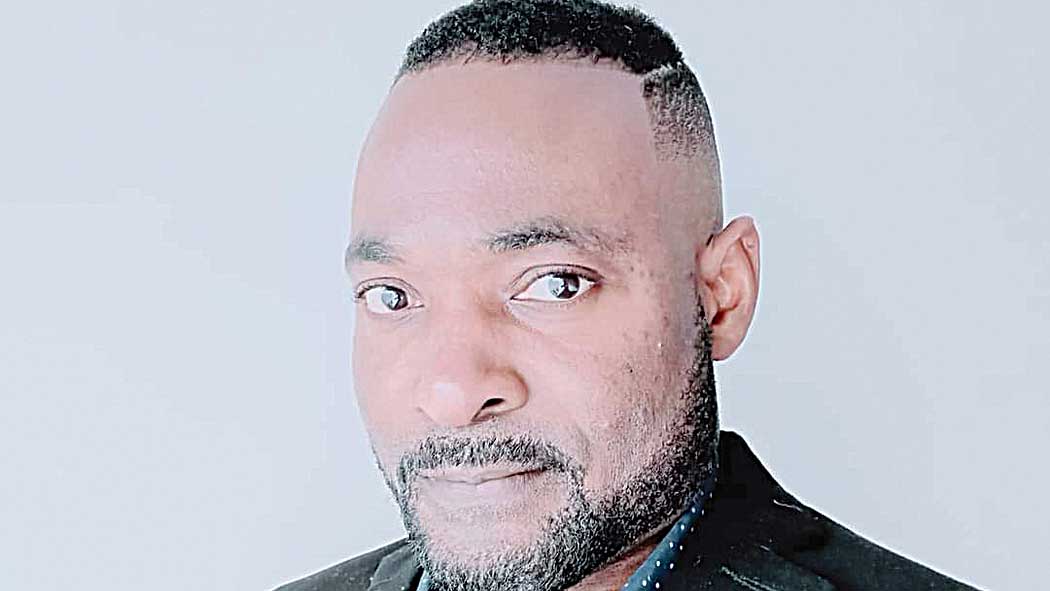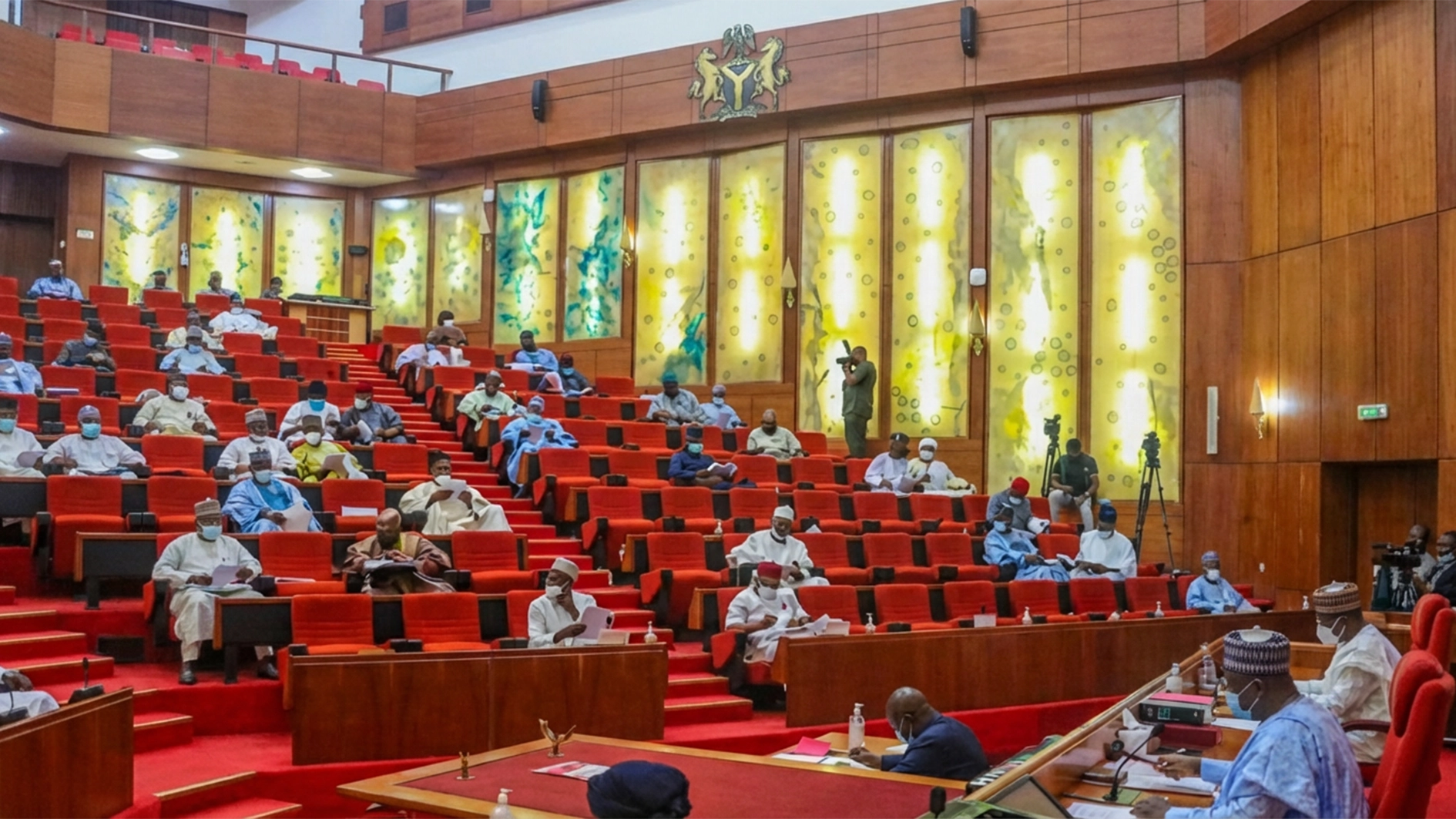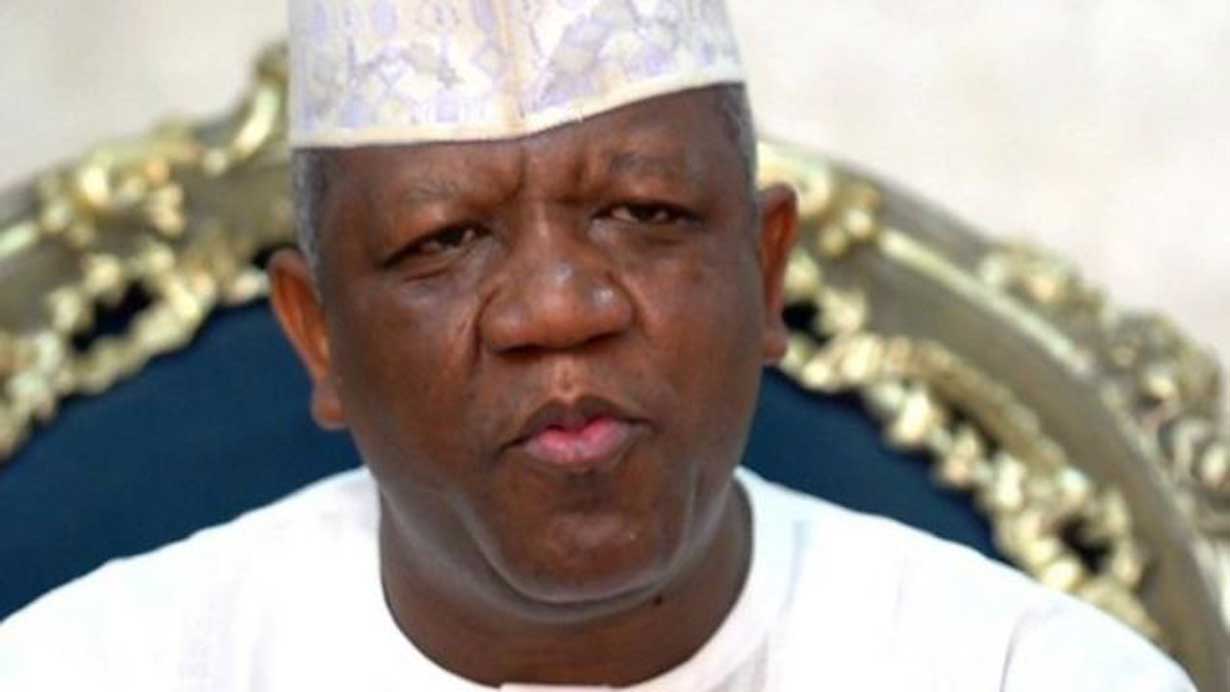
One of my cardinal rules in politics is to never offer anyone unsolicited political or policy advice. It is seldom taken and usually resented. But for once I am going to break that rule and offer President Bola Tinubu my suggestions on the removal of the fuel subsidy.
I completely agree with your assessment of the fuel subsidy issue in Nigeria. It is important to approach this matter with objectivity and understand that the removal of the subsidy could lead to greater benefits for the country’s infrastructure and overall human development. It is illogical for a country like Nigeria to continue draining its public finances with an expensive subsidy. According to the BBC report, last year, it gulped N4.3tr ($9.3bn; £7.5bn) and for the first half of this year, N3.36tr was budgeted for it.
I am of the opinion that regardless of differences in political parties, ideology, religion, or ethnic background, any Nigerian that has the interest of the country at heart and wants to see real infrastructural and human development will concur with the policy of subsidy removal.
However, they may frown on the policy implementation. It is amazing how Nigerian policymakers will propose brilliant policies, but implementation falls short – to the extent that life will be extremely difficult for Nigerians. Mr. President, I agreed with you last year when you stated categorically that the former president Muhammadu Buhari’s administration had good intentions of introducing and redesigning the Naira, but the implementation was poor.
In order for your administration to avoid the mistakes that the previous administrations have made on good policies, which were pooly implemented, especially on hard and sensitive policies like the removal of fuel subsidy, I suggest five steps that need to be taken:
First, prepare and educate Nigerians on what to expect. It must be stated that before a tough and sensitive policy like the removal of the fuel subsidy is implemented, there is a need to prepare and educate Nigerians on what is coming and how to navigate the challenges the policy might pose. There is also a need to educate Nigerians on the negative impacts of the non-removal of the fuel subsidy in juxtaposition with the removal of the fuel subsidy. Emphasis should be made on the importance and positive effects of the policy for the growth and development of Nigeria.
Although policymakers and advisers might argue that the government has prepared and educated Nigerians enough, as other administrations have done, they need to realise that this is the total removal of fuel subsidies, which will hyper-inflate the prices of goods and services. In previous administrations, the fuel subsidies were only partially removed.
Second, conduct discussions with all stakeholders. For instance, I listened to Nigeria’s Labour Union leader, Joe Ajaero on Channels TV. He said the new administration did not have any previous discussions with the Nigeria Labour Congress (NLC) on the removal of the fuel subsidy. With previous administrations, there were required preconditions that should have been met before the removal of the subsidy. It is important to have a fruitful discussion with major stakeholders that will in turn relay the message to their members in an effective manner.
Third, implementation of an increment in wages and salaries. It is a tenable fact that when the price of fuel increases, all other commodities also increase. This includes the cost of transportation and food items. Even before the increment in fuel that has now tripled, Nigerians find it difficult to eat three times a day, and transporting themselves to work is difficult due to insufficient finances. At times, there are arguments between public transporters and citizens over underpricing or overpricing, most especially in the Danfo, Molue, and Coaster buses. There is a need for an increment in wages and salaries before the implementation of the fuel subsidy removal. It is not too late. Mr. President, I agree with your speech on Workers’ Day, when you promised Nigerian workers an increment in wages and salaries and pointed out that the minimum wage is not enough. This needs to be more than just a promise, as some employers are paying below N30,000 even in some parts of Lagos.
Fourth, transparency and accountability – As great as the idea of a fuel subsidy removal is, most Nigerians are willing and eager to sacrifice to see a Nigeria that is functioning, but they fear that there is a lack of transparency and accountability in the policy framework of the policymakers. Take for instance, the last administration secured an $800million loan from the IMF with the objective of disbursing cash through transfers to about 50 million Nigerians, who were in the most vulnerable category in society to offset the removal of the fuel subsidy. Five thousand naira to families is nothing compared to the hardship that the removal of the subsidies will put on them. Nigerians are very skeptical about the objective of former president Buhari securing a loan at the end of his tenure. Perhaps this was a result of a lack of wide consultations about securing a loan on behalf of Nigerians.
Lastly, the provision of visible growth and development – It is an indisputable fact that the fuel subsidy removal will serve as massive additional income to the Nigerian government. These incomes are expected to be used for infrastructural, human, and other development that is mainly for public goods in Nigeria. At the end of every year, it is germane that the government and its policymakers should be able to point at projects and development that are achieved because of the subsidy removal, without getting loans for those projects. Doing so will allow the government to earn the trust of Nigerians.
In conclusion, Mr. President, a serious economic hardship in Nigeria as a result of the subsidy removal may further fuel insecurity in the country. This insecurity in the country may consume the money earned from the fuel subsidy in Nigeria because fighting insecurity at the highest level is capital intensive. This will mean that we are just walking around in circles. There is a need to look at these five recommendations for consideration, as it is not too late to see a functioning policy and a functioning Nigeria of our dreams.
• Oseni, a former US Police officer, specialises in International Security at Harvard University.






